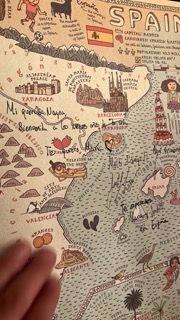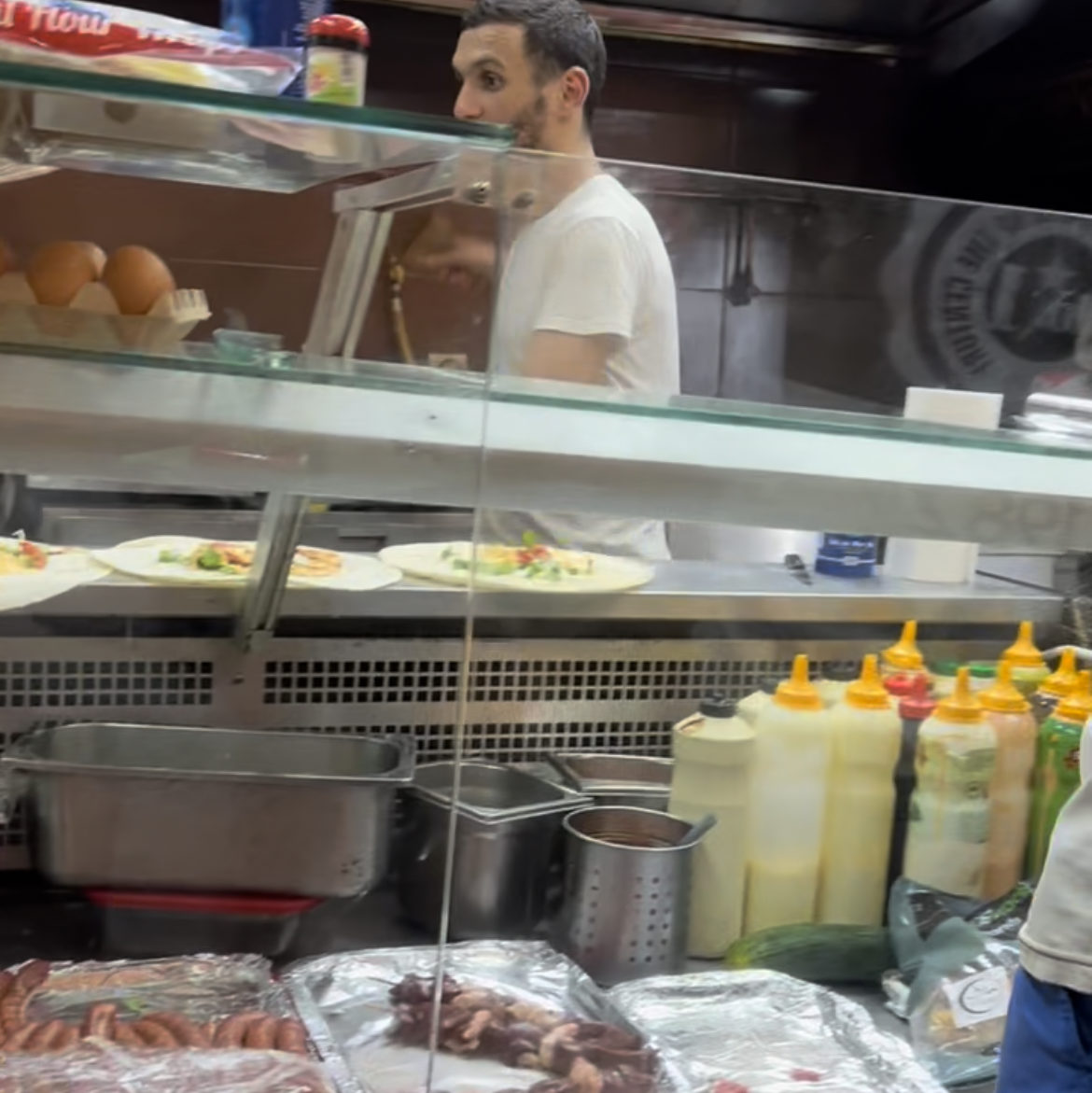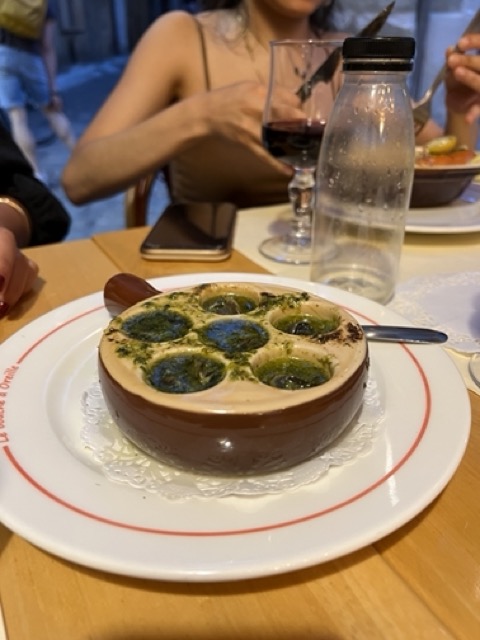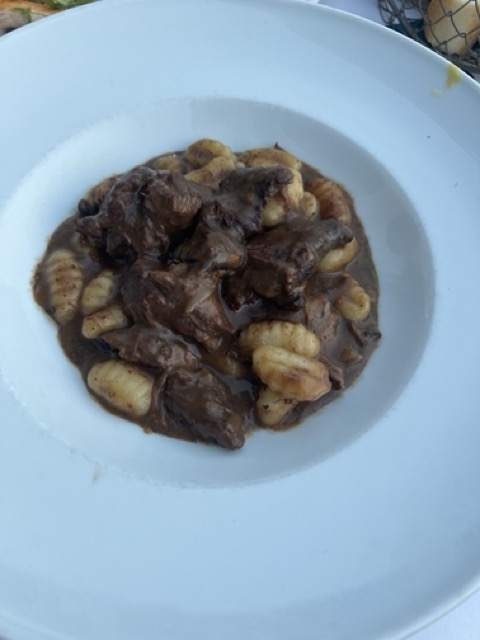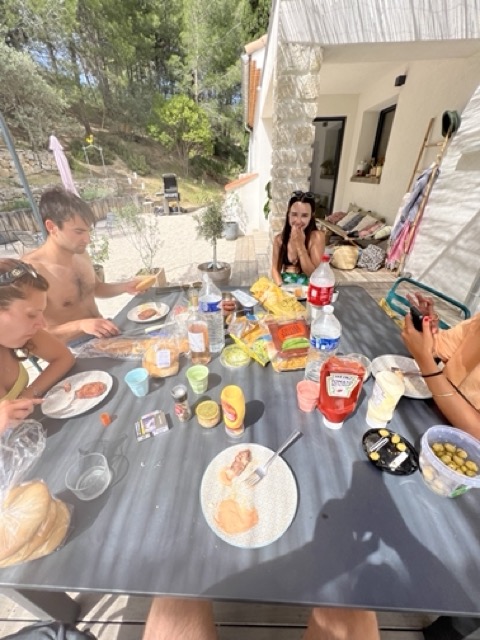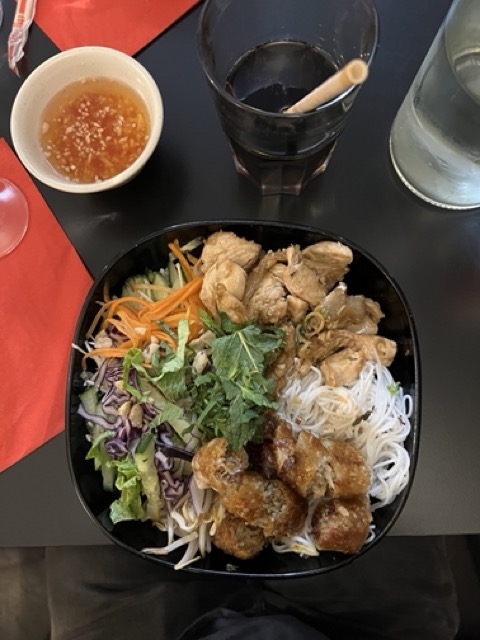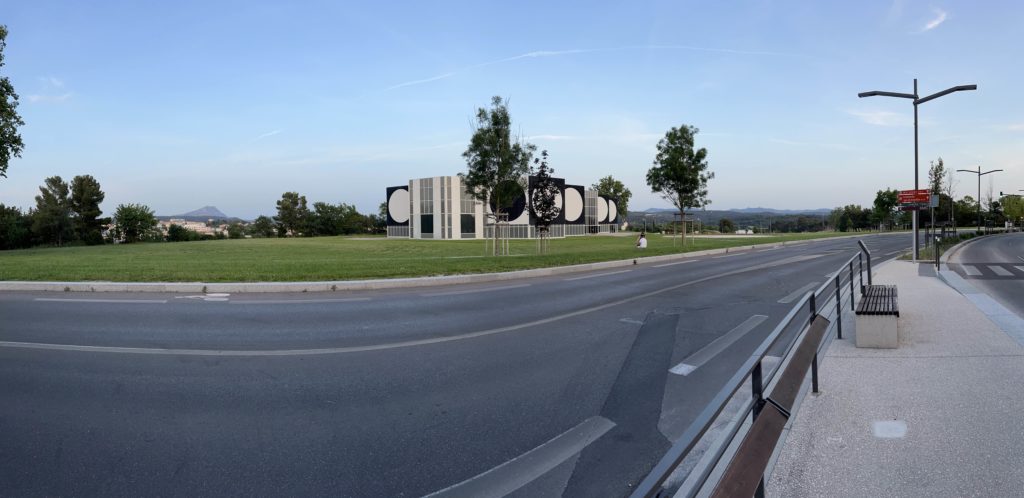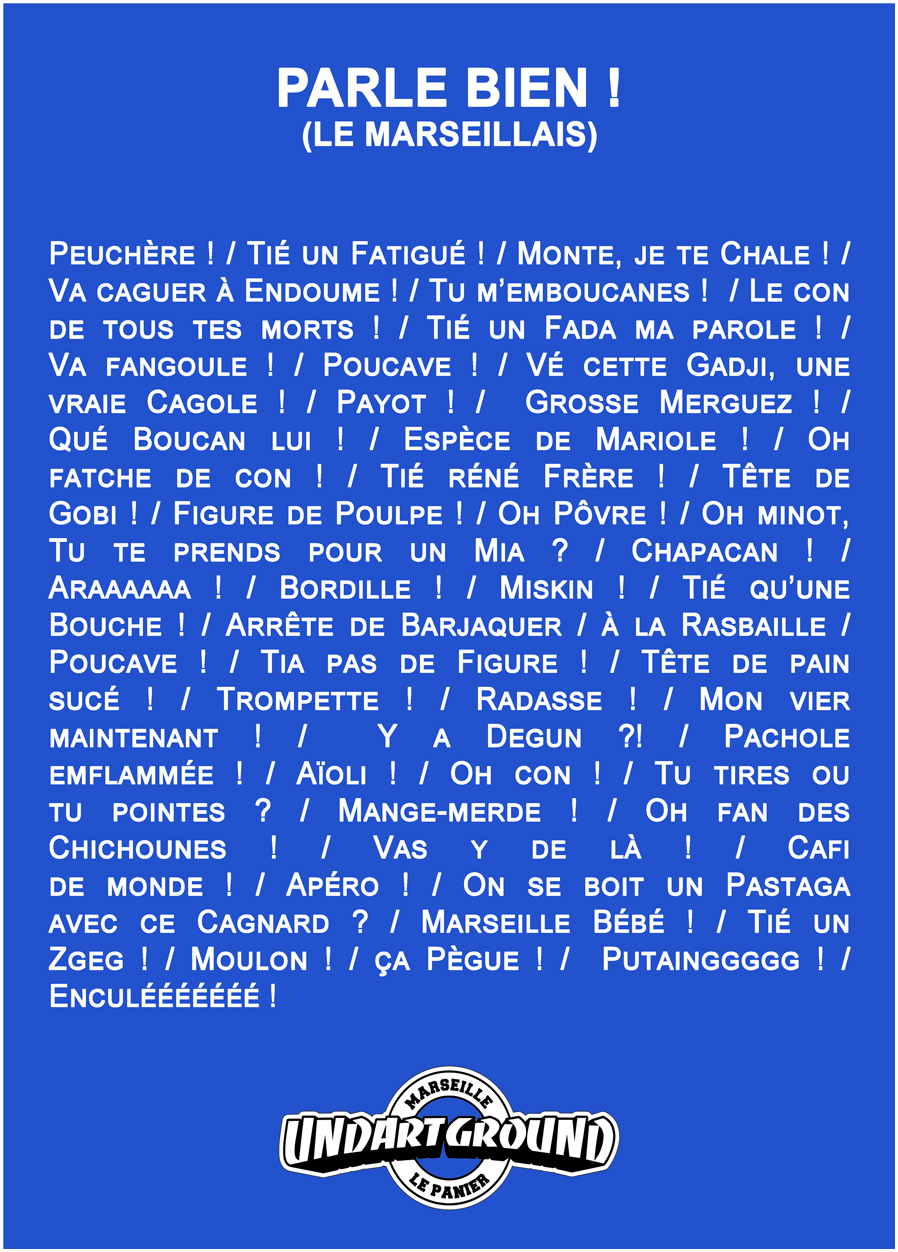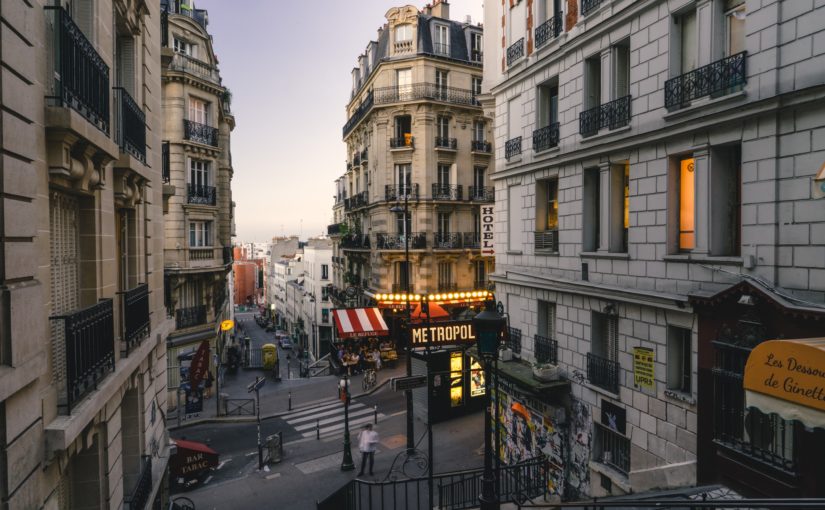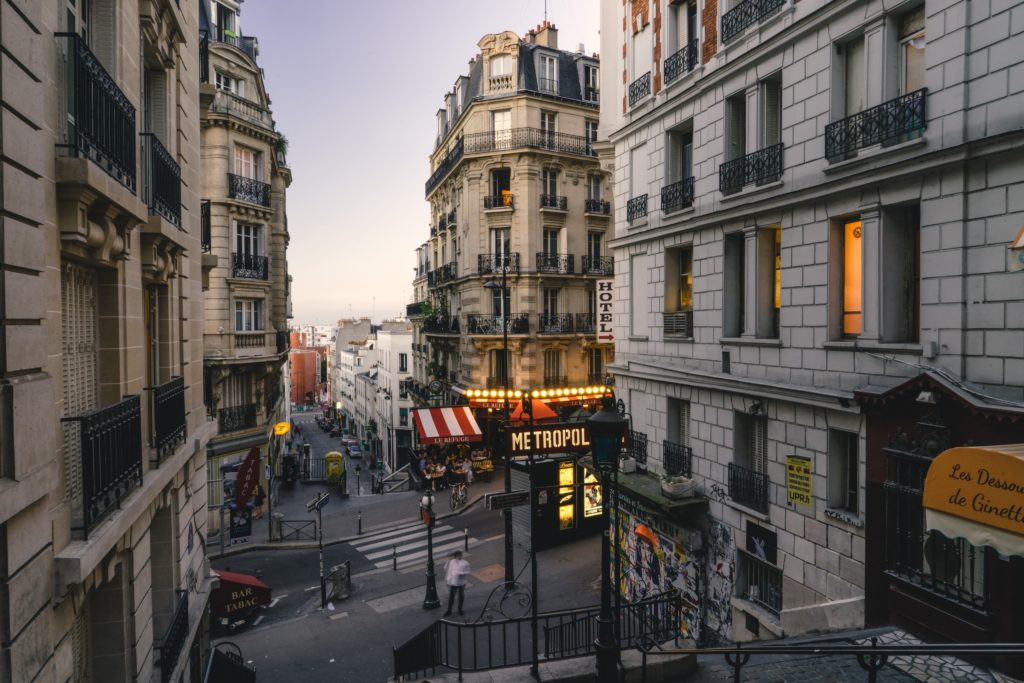Through talking with friends from my classes and with other French people whom I have met, my perspective of the United States is changing greatly. Of course, the stereotypes about being ignorant, without good fashion, and reasonably patriotic make sense to me. In fact, I was asked to verify a TikTok about American high school students who made egregious mistakes in basic geography, and my friends were shocked to find out what me and most of my fellow Notre Dame students normally wear to class. A classmate from Turkey even referred to me regularly as “le capitaliste”! Despite these negative stereotypes, a prevailing attitude about the United States is that it is a popular travel destination or even a desired destination for work, if one’s English is at a sufficient level. More broadly, however, certain policies and norms in the United States came under question as “backwards” relative to France. Between the recent leaked Roe opinion and the longstanding drinking age of 21, many of my friends see the United States as more socially conservative than France. Personally, I was shocked to find out that high school students start going out to nightclubs as young as 15.
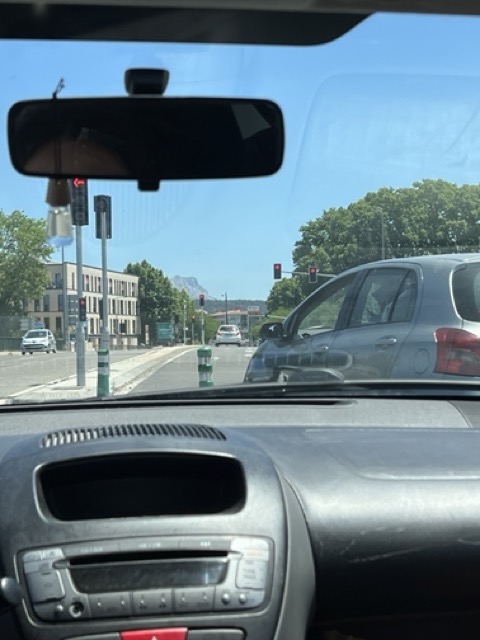
Another peculiarity that came up in conversation was the double-sided stereotype that Americans are overly nice and that French people are somewhat caustic in conversation. While the vast majority of my interactions in France were friendly, I was made aware that southern France, specifically Marseille, differs slightly in attitude from more touristic cities like Paris. Maybe it was because I was speaking the language, but I almost never felt dismissed or unwelcome. In fact, in talking with a girl from Paris at a concert, I learned that the perceived hostility likely comes from a lack of desire to converse in the excessively cheery American fashion. I actually found it refreshing to be free from the obligation to engage in small talk, and now that I’ve been here for some time, it sometimes feels uncomfortable to break those periodic moments of silence.

